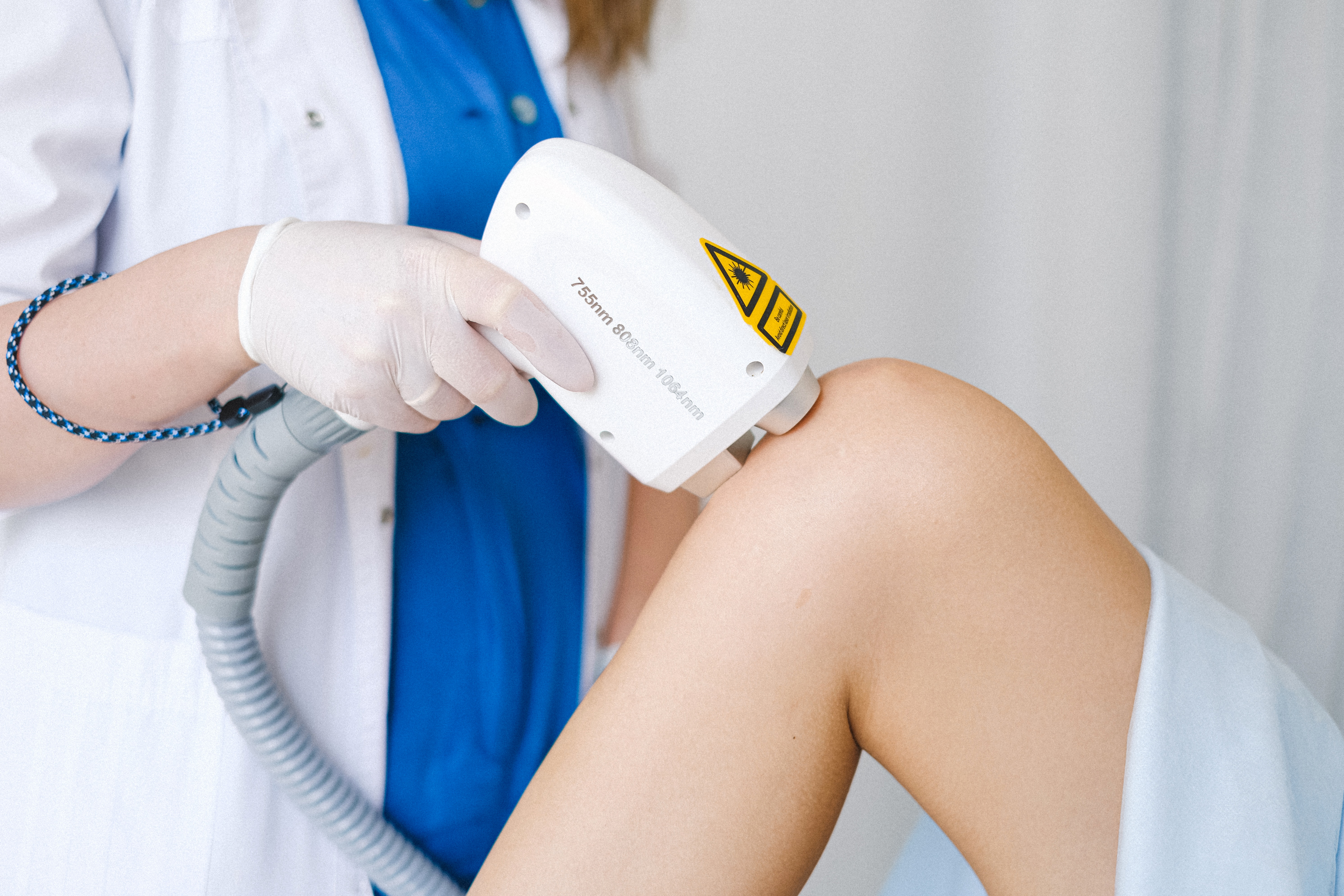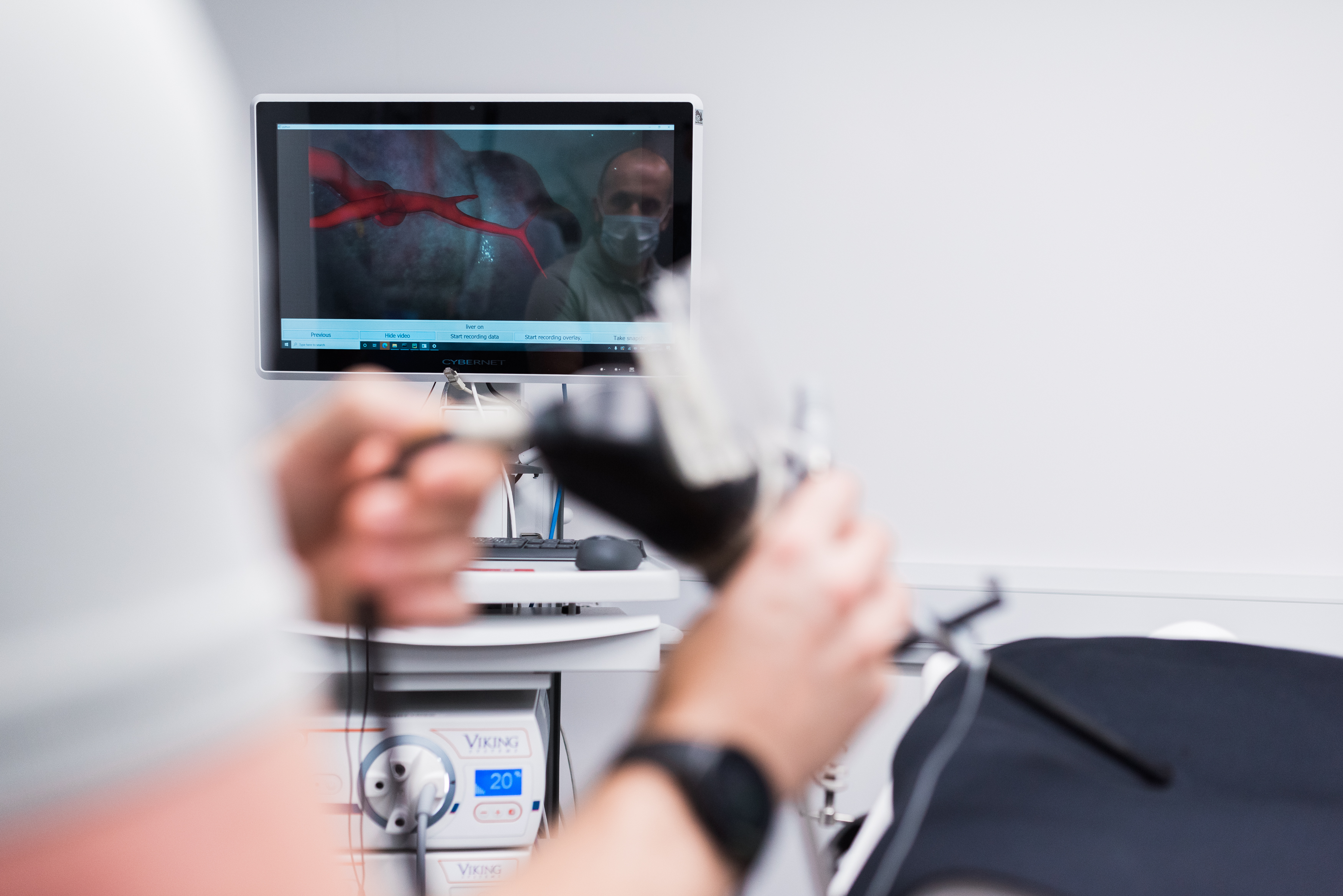Quality Management
Our services
We can provide cost effective and specialised resources to support commercialisation or the satisfaction of other regulatory requirements such as the NHS Digital Health IT Systems standards.
We provide the following:
- Access to an ISO-13485-compliant quality management system (QMS), including processes, procedures, guidance documents and technical file templates
- Access to a lean document management system (Cognidox) that is FDA, GxP & ISO 13485 compliant
- Example technical file documents
- Specialised personnel training
- Access to skill and experience in:
- Medical device regulations and standards
- Determining Device classification and applicable regulatory requirements
- Demonstrating quality in design and development to obtain ethics approval for studies involving human volunteers
- QMS requirements, with information regarding requirements for different regions (UK, Europe and beyond).
- Specialist advice on AI-based technologies and software as a medical device
These services are managed within a fully ISO-9001-certified QMS.
Who can access these services?
These services are open to UCL staff and students who are engaged in medical device development, including medical software that is categorised as a medical device or must meet the requirements of the NHS Digital Health IT Systems standards to be used within NHS hospital environments. We also welcome clients from outside UCL, particularly university spin-outs and medtech start-ups who are developing a commercial product.
Why pay attention to medical device standards & regulations
All medical devices must conform to the appropriate regulations before they can be used on patients. Devices cannot be placed on the market without conforming to strict safety requirements.
Engaging with regulatory requirements early in the development pathway (even at the research stage) can be very helpful in identifying key barriers to commercialisation and clinical deployment, and in reducing the need for re-development or early prototypes.
Studies involving human volunteers have increasingly stringent requisites in terms of demonstrating documented evidence of device safety and quality management. Working within a QMS framework would satisfy many of these requirements.
 Close
Close






